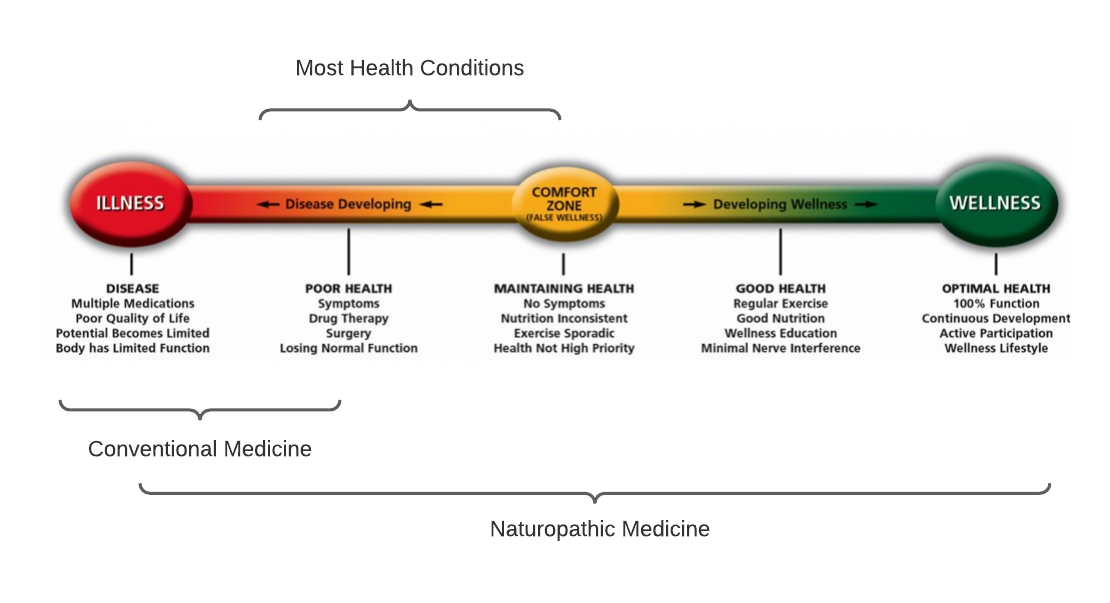
Functional medicine vs naturopathic medicine is one of the topics that can be an incredibly heated debate for many. However, if you are able to take the time to find out more about the differences and how they relate to your health, you will be better able to determine whether or not a specific method is right for you.
Natural medicine vs synthetic medicine
Traditional medicine is considered to be safer, though not necessarily more effective, than its synthetic counterpart. It has been practiced around the globe for millennia. Before the US Civil War, Native healers, midwives, and witches were the primary caregivers.
Herbal medicine is a subset of traditional healing. These plants and herbs have been used to cure diseases since man first learned to harness their powers. The Lascaux cave paintings show the earliest hints of this phenomenon.
Synthetic drugs are usually the product of extensive research. They are manufactured in state-of-the-art facilities with stringent quality control. However, they can cause serious side effects and can require continued medication for the rest of a patient’s life.
Although not a cure-all, herbal medicines are viewed as safer and less risky than synthetic drugs. Many people have a heightened faith in this alternative.
A better understanding of the differences between the two can help you make informed choices. For instance, synthetic medicine is often symptom-centric, while traditional medicine uses an integrated approach to treatment.
Goal of naturopathic medicine
Naturopathic medicine is a primary health care system that uses nontoxic, natural therapies to heal and promote wellness. This approach is based on six principles: recognizing the body’s inherent self-healing abilities, treating the cause of disease instead of its symptoms, promoting the body’s ability to repair itself, empowering the patient, addressing the whole person, and involving the patient in the healing process.
Naturopathic physicians like myvitalhealthsolutions.com.au use a variety of treatment modalities to treat patients. They are trained to work with chemical, biochemical, hormonal, emotional, and structural elements of the human body. Some naturopaths may even incorporate homeopathy.
Naturopathic doctors are experts in diagnosing and treating acute and chronic illnesses. They are also capable of performing minor surgery. In addition, naturopathic doctors use a range of natural and non-invasive treatments to restore and maintain the healthy functioning of the patient’s physical, mental, and social bodies.
Naturopathic physicians are trained to recognize and correct imbalances and obstructions to the body’s natural ability to heal itself. They are also committed to educating their patients on how to take control of their own health. These doctors are a key part of the healthcare system’s effort to promote optimal health.
ND programs work hand-in-hand with leading research institutions to grow the body of evidence supporting natural therapies
Naturopathic medicine is a form of healthcare that is rooted in the healing powers of nature. The practice focuses on prevention, diagnosis, and treatment of acute and chronic health conditions.
Although it is not the oldest form of medicine, naturopathic medicine has been around for centuries. The practice of naturopathic medicine has evolved into modern-day naturopathic medicine that draws on both conventional and alternative medical practices.
Naturopathic physicians can be found practicing in clinics, hospitals, or urgent care centers. They are primary care providers who provide holistic health services to patients of all ages.
Unlike a doctor of medicine, an ND does not prescribe drugs or controlled substances. Instead, NDs focus on preventative measures and use minimally invasive techniques to treat various health conditions.
Naturopathic doctors are known to incorporate the best of both conventional and alternative medical practices into a comprehensive, patient-centered approach. These practitioners are often in high demand as research scientists, primary care providers, or as specialists in hospital settings.
Alternative medicine can help alleviate pain in a safe and natural way
There are many alternative medicines and techniques that can help you cope with pain. Some of them are herbal medicines and supplements. They can be a safer alternative to conventional pain medications. These alternatives can also be used in conjunction with prescription medications. But before you start using them, you should consult a health professional.
Some of the alternative medicine techniques that you can use to manage pain include: acupuncture, hypnosis, massage, meditation, yoga, therapeutic touch, guided imagery, aromatherapy, and biofeedback. The goal of these techniques is to help you re-balance your body and improve your function.
Acupuncture is an alternative medicine method that focuses on balancing the flow of energy in your body. This energy is known as qi. Using tiny needles, acupuncturists can stimulate your qi and relieve pain. It can also help you identify and eliminate muscle tension that may be contributing to your pain.
Herbal remedies have a long history of helping people with chronic pain. Several herbs are believed to reduce inflammation. However, more research is needed to determine the effectiveness of these methods.






